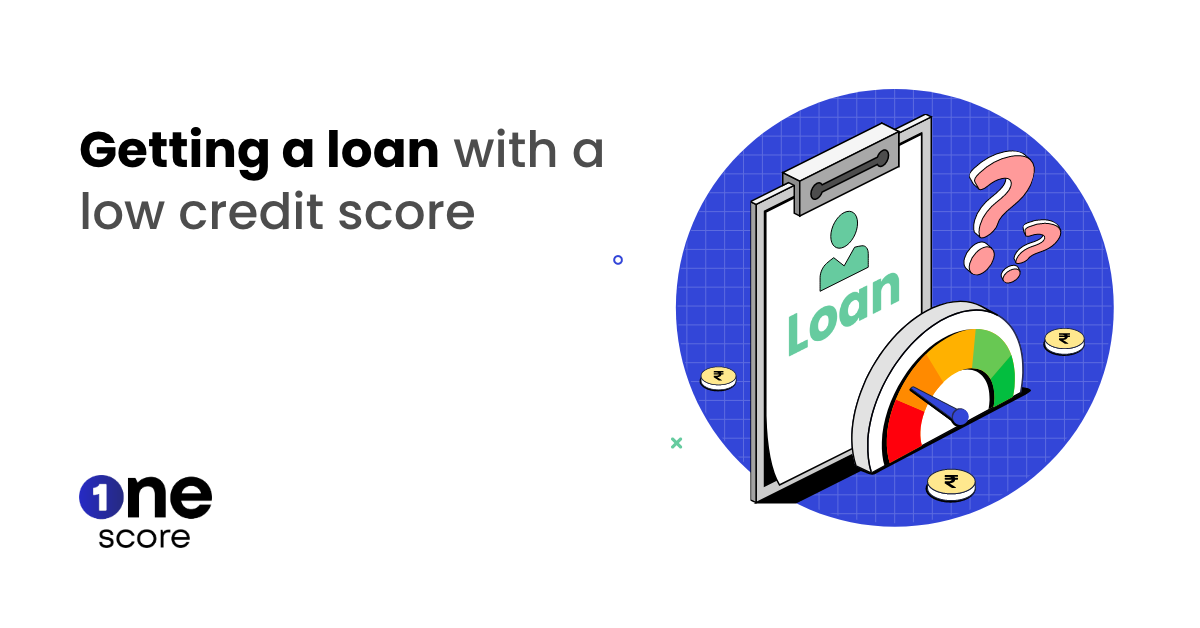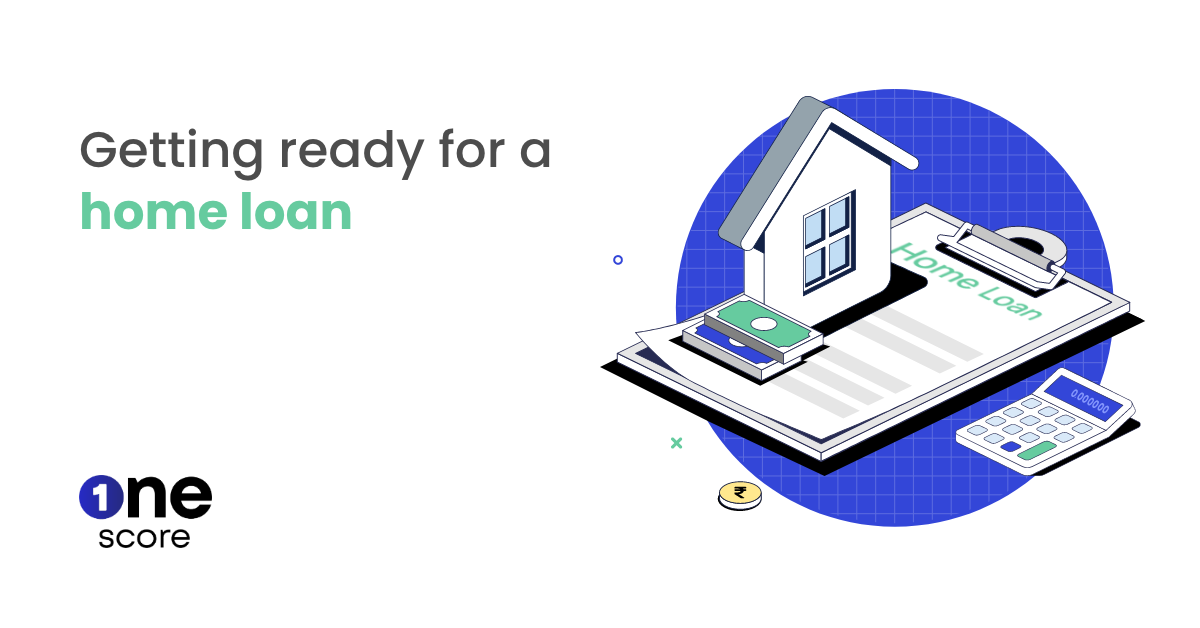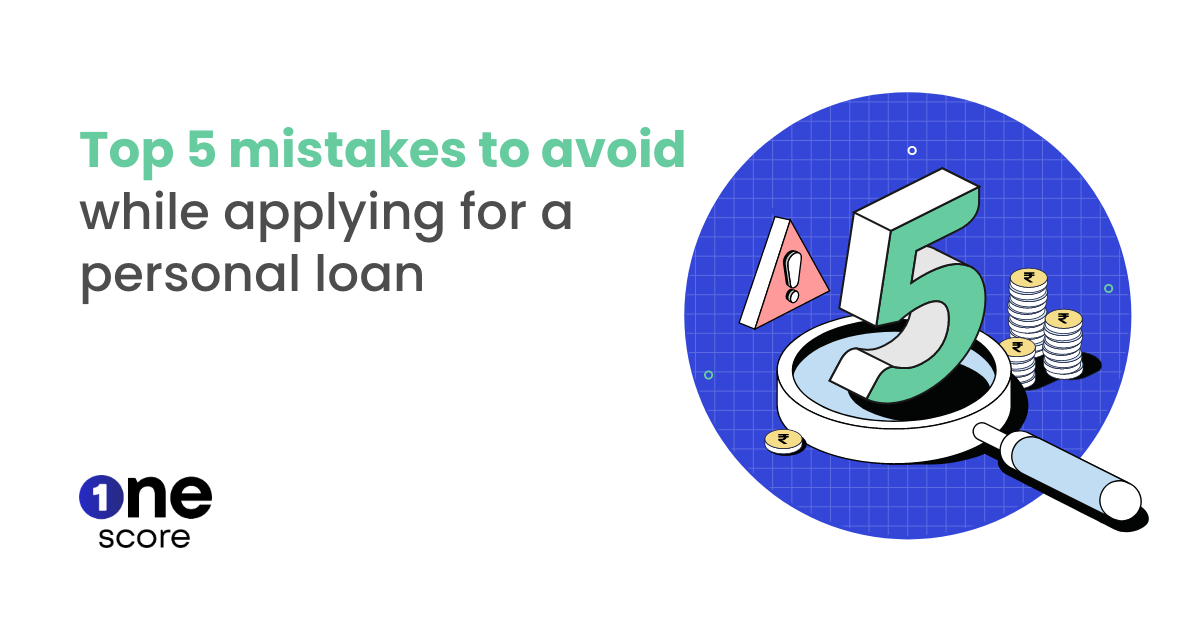How to Get a Personal Loan With Low CIBIL Score?
Tips to get a personal loan with a low CIBIL score at attractive interest rates. Apply online for the low CIBIL personal loan with a CIBIL score as low as 550.

Listen to the article here:
No matter how financially organized you are, you will require a loan during pivotal stages in your life. From fulfilling your aspirations such as planning a wedding to dealing with unexpected expenses like medical bills, you may find that your savings and investments are not adequate to cover you during these emergencies. And you may have to consider financing options.
Before extending you a loan, banks or financial institutions assess your creditworthiness, i.e, your ability to repay the loan. They hesitate to give loans to people with low credit scores. A low credit score is an indication to lenders that the borrower may struggle to pay EMIs on time and end up defaulting on the loan.
Also read: Lending money to friends & family: The Do’s & Don’ts
What Does a Low CIBIL Score Mean?
A credit score ranges from 300-900 and a CIBIL score below 600 is generally considered a low credit score. It indicates that the borrower is not a creditworthy person, and may struggle with their repayments. A person with a low credit score will find it to obtain a loan or credit card and their loan application might also get rejected.
What is a credit score? Why do I have a low credit score?
A credit score is a direct indicator of a person’s creditworthiness. It is calculated based on the person’s credit history, which includes their credit accounts, payment history, and outstanding debts. Credit scores range from 300 to 850; the higher your credit score, the more creditworthy you appear to lenders.
Lenders and financial institutions use credit scores to determine whether to extend credit to someone and at what interest rate. A good credit score can help individuals secure better loan terms and credit card offers, while a poor credit score can result in higher interest rates or even being denied credit altogether.
Here are a few reasons why you may have a low credit score:
• You have missed or delayed credit card or loan payments
• You have maxed out your credit cards
• You have many failed credit card applications
• You have multiple loans in your name
• You have fake loans in your name
• You don’t have a single loan or credit product and have no credit history at all
Different ways of getting a loan despite low credit score:
1. Apply with Your Income Proof
Along with your credit score, lenders also consider your income to be an important factor in your loan application. If you are able to show that your income has increased and hence you will be able to afford the EMIs, you may have better a chance of getting your loan approved.
2. Applying Against a Collateral
A secured loan is a type of loan where the borrower pledges an asset such as a home, car, jewelry, etc., against the loan. Since the lender has a way to recover their money if you default on the loan, they may offer you a loan despite your low credit score. On failure of payments, the lender has the right to sell the collateral to cover the loan amount.
3. Apply with the Help of a Guarantor
A co-signer is someone with good credit who agrees to take responsibility for the loan if you fail to make payments. You can approach your spouse or any other family member who has a good credit score, and get them to co-sign your loan application. This can increase your chances of getting approved for a loan and may also help you get a lower interest rate. Having a guarantor boosts the confidence of the lender and decreases the chance of default.
4. Consider a higher rate of interest
Some lenders specifically offer loans to borrowers with low credit scores. However, you may have to settle for a lesser amount and a higher interest rate. You can consider this option in case of emergencies when there are no other options available.
5. Correct the mistakes on the credit report, if any:
Errors and mistakes on the credit report can lead to a poor credit score, which can impact your loan application. Ensure that you check your credit score regularly to report any errors like address inaccuracies, fraudulent charges, etc.
6. Explore peer-to-peer (P2P) lending
Peer-to-peer lending platforms let you borrow and lend money to other people through online services without having any bank or financial institute as an intermediary. It has become a popular alternative to bank loans, especially for borrowers who may not have access to traditional credit sources or who are looking for lower interest rates.
While leading bankers are mostly very particular about credit score, certain lenders may be willing to negotiate the credit terms to offer loans to you. You can try different approaches such as negotiating terms with your current lender, borrowing against a deposit, or taking a loan against gold, etc. Be sure that the loan you take doesn’t throw your finances off balance. Once you have obtained the loan, it’s your responsibility to repay it timely.
If you can wait, take some time to work on improving your credit score before applying for a loan. Paying down debt, making payments on time, and disputing any errors on your credit report can all help improve your credit score over time.
Also read: The ultimate guide to getting a personal loan at the most favourable interest rates
How to improve your credit score and increase your chances of getting a loan?
• Pay off any outstanding balances you have on your credit cards or loans. Ensure that you pay your credit card bills in full every time. Avoid resorting to paying only the minimum due.
• Don’t spend more money until you have cleared your bills in full. To avoid accumulating credit card debt, make sure you don’t spend more than what you can afford to pay back.
• If you do not have a credit history, get a credit card and establish a good repayment history.
• Avoid applying for multiple loans or credit cards in a short period. It may make you look desperate for credit.
Did you find these tips helpful?
FAQs
-
Can I get a personal loan if my CIBIL score is low?
It can be challenging to get a personal loan with a low CIBIL score from traditional platforms like banks and financial institutes, however, you can consider alternatives such as online lenders, and peer-to-peer platforms.
-
Where can I get a loan with a low CIBIL score?
You can approach banks or financial institutions for secured loans. You can also consider online lenders and peer-to-peer lending platforms.
-
Is a CIBIL score of 667 good or bad?
CIBIL score of 667 is considered good, however, a score of 750 & above is considered perfect. It increases your chances of loan approval.
-
What is the minimum CIBIL score?
CIBIL score ranges from 300 to 900. A credit score below 660 is considered low. It reduces your chances of getting a loan or credit card.
-
What is a minus 1 CIBIL score for a personal loan?
A minus 1 CIBIL score indicates that a person has no credit history, which means they have no loans or credit cards. It can make it difficult for you to obtain a loan.
To take charge of your credit accounts and become a creditworthy person, download OneScore.
**Disclaimer: The information provided on this webpage does not, and is not intended to, constitute any kind of advice; instead, all the information available here is for general informational purposes only. FPL Consumer Services Private Limited and the author shall not be responsible for any direct/indirect/damages/loss incurred by the reader in making any decision based on the contents and information. Please consult your advisor before making any decision.


- OneScore , April 06, 2023

